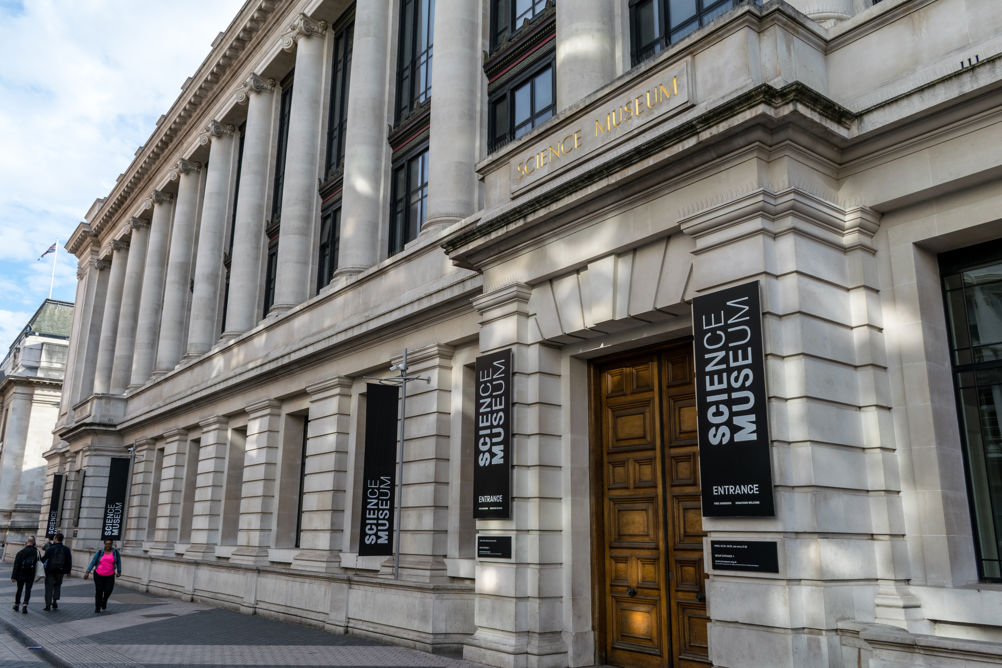The UK has a great history of discovery in science and engineering; it is the birthplace of inventions that have changed the path of humanity from the steam engine to penicillin to the computer. But all too often, it is other countries that have turned UK inventions into commercial successes.
Shortlist announced for The Engineer’s 2022 Collaborate to Innovate Awards
Much has been said and many reports written about how to enhance the UK’s record in innovation, but most recommendations come down to partnerships, mobility and funding. Effective long-term partnerships between academia and businesses can create an environment for use-inspired research and development in which new ideas are jointly developed with their ultimate scale-up and application in mind. In fact the economic benefit of industrial-academic partnerships has been estimated to be twice the Gross Value Added (GVA) per pound spent, compared to research projects by businesses without academic partners.
While there are many schemes that provide grant funding for large-scale projects carried out jointly between academia and industry, the Royal Commission for the Great Exhibition of 1851 takes a different viewpoint. It invests in people, giving them time to be creative and developing them to move confidently between business and academia. Through its Industrial Fellowship programme, the Commission provides funding for people employed full-time in industry to undertake a PhD. Fostering direct links with both the employer and the supervising academic institution, the Royal Commission will fund 50 per cent of the fellow’s salary, all of the academic fees associated with the research project and include a generous and flexible travel budget whilst waiving any intellectual property rights to any results from the work undertaken. And the partner university department is not forgotten - a grant of £10k is made to them upon submission of the doctoral thesis.
Related content
We like to think that the Industrial Fellowship programme is a ‘win’ for all participants. The employee benefits – they get to work on a great project, enhance their career trajectory with a PhD - all while receiving a full salary! Indeed, many proposals for Industrial Fellowships are co-ordinated and pulled together by the employee who becomes the Industrial Fellow. The employer benefits – they have external funding provided by the Commission to contribute towards R&D that will help them innovate and bring new or improved products or processes to market. At the same time, the company is investing in the development of a valued employee, building a relationship with a university, and benefiting from the insights of a university researcher who is up-to-date and knowledgeable in the science or technology area of the project. The university partner benefits - they have a committed and talented PhD student, on whose behalf the Commission pays full fees and modest research support, and they are building a long-term relationship with a company which has aspirations to innovate.
The Industrial Fellowship programme is funded by the Royal Commission for the Exhibition of 1851, a charity charged with managing the legacy of the Great Exhibition and funded from the profits of that event over 171 years ago. Championed by Prince Albert, the Royal Commission was initially set up to ‘increase the means of industrial education and extend the influence of science and art upon productive industry’. The Industrial Fellowship Programme is one of our principal means of achieving this, funding researchers to undertake higher degrees - mostly doctorates - while working on exciting, important projects that foster the collaboration between academia and industry. We also support Enterprise Fellowships with the Royal Academy of Engineering, and these launch the careers of entrepreneurs and innovators - all to the ultimate benefit of the UK economy. They are a perfect match with our aims. The alumni of our higher-level education and research programmes include 13 Nobel Prize winners, most of whom started out as young researchers desperate to secure funding for their scientific projects.
The 2022 Industrial Fellows were recently announced at an awards ceremony at the Science Museum, in the heart of South Kensington, or Albertopolis as it is known locally - a hub for research and innovation for over 100 years. The Fellows of 2022 are working on some of the most pioneering and important issues of our time, contributing to global sustainability, world health and even facilitating new opportunities in manufacturing.

For example, Matthew Diable, of Polymer Mimetics and the University of Liverpool, is working to create resins with built-in durability and biodegradability to truly enable the 3D printing revolution that has been long awaited. At the same time Joseph Counte, of Sensor Coatings Ltd and the University of Nottingham, will progress work on developing a highly sensitive material coating for engines that will facilitate the accurate measurement of internal temperatures within gas turbines. Such research is incredibly valuable for engineers who want to develop the most efficient and safe combustion engines of the future.
These bright, talented individuals and their colleagues within this year’s cohort, like their predecessors, are highly motivated. They know that their research will make a real difference within their chosen fields of study. Developing solutions to the many challenges facing the world requires long-term collaboration between industrial and academic stakeholders and investment in people able to innovate and translate ideas from science and engineering into practical solutions. The Royal Commission’s Industrial Fellowship programme enables such extremely capable, and much needed, engineers and scientists to grow and flourish.

Professor Dame Ann Dowling is Commissioner for the Royal Commission for the Exhibition of 1851 and Chair of the Commission’s Industry and Engineering Committee. She served as President of the Royal Academy of Engineering from 2014 to 2019.








McMurtry Spéirling defies gravity using fan downforce
Ground effect fans were banned from competitive motorsport from the end of the 1978 season following the introduction of Gordon Murray's Brabham...